Associate Professor and Head of the Chitrakoot School of Liberal Arts at Shoolini University, Purnima Bali, is a distinguished figure in English Literature.
Associate Professor and Head of the Chitrakoot School of Liberal Arts at Shoolini University, Purnima Bali, is a distinguished figure in English Literature. She has dedicated over 15 years to teaching and extensive research. Her academic achievements include international research papers, scholarly reviews, book chapters, and edited books, each published by prestigious journals and publishing houses.
In this interview, we will discuss her expertise and contributions to English literature and academia.
Q: Can you tell us about your journey and what inspired you to take the role at Shoolini University?
A: My tenure at Shoolini University began in 2017 when I came on board as an Assistant Professor of English. The institution has always presented me with opportunities to refine my skills. My progression to Head of the Chitrakoot School of Liberal Arts is a milestone in my academic career.
Q2: You have a rich experience in Liberal Arts, how do you see it evolving in the coming years, and how is Shoolini University preparing its students for these changes?
A: The Liberal Arts curriculum is adapting to align with the evolving job market's demands. At Shoolini University, we adopt an interdisciplinary approach to prepare for a future where Liberal Arts are globally revered. Our programs emphasise ethical and cultural awareness, which is crucial in our globalised society. Initiatives like the Shoolini Literature Festival provide our learners with platforms for engagement with leading intellectuals.
Q3: What are the key skills and attributes students should develop for a successful career in the field of Liberal Arts?"
A: Students should hone skills such as, effective communication, robust research capabilities, critical thinking, adaptability, creativity, global and cultural understanding, and resilience. The importance of each skill can vary, depending on their specialised field within Liberal Arts.
Q4: What distinguishes the Liberal Arts program at Shoolini University from others?
A: The interdisciplinary nature of our Liberal Arts program is its cornerstone. Students have the liberty to select from diverse courses, such as History, Political Science, Hindi, Sociology, English, and Foreign Languages, fostering a well-rounded education that prepares them for the world beyond academia.
Q5: Can you highlight any significant initiatives taken by the Liberal Arts Department at Shoolini University?
A: A standout initiative is the introduction of language minors accessible to students across various disciplines. Additionally, 'Dialecticuss: The Himalayan Literary Forum' and the 'Litwitz' club, driven by our department, uniquely position our program.
Q6: In today’s digital era, how crucial is it for Liberal Arts students to master digital skills, and how is this integrated into Shoolini University's curriculum?
A: Digital proficiency is critical for Liberal Arts students, adding to their versatility and employability. Our curriculum interweaves digital literacy with foundational liberal arts competencies like critical thinking and communication through workshops, expert-led online sessions, internships, and periodic digital literacy courses.
Q7: Do you have any success stories of Liberal Arts graduates from Shoolini University who have excelled in the business world?
A: Our alumni have carved various paths – from becoming authors like Rsvika Tripathi to entering the creative sectors of digital platforms like Vaishali Thakur and Ankita, and even into banking, exemplified by Ritika. The liberal arts education here paves the way for a spectrum of career opportunities.
Q8: How does Shoolini University's department nurture creativity and innovation among its students?
A: Our project-based learning ethos cultivates creativity. It's further enriched by open dialogues, continuous feedback, and reflective practices. The faculty mentorship program also plays a pivotal role in fostering creativity and innovation, with faculty members providing guidance and support to students' creative endeavours.
Q9: What guidance would you offer to prospective Liberal Arts students contemplating a career in this field?
A: Remain dedicated. Embracing a Liberal Arts education positions you advantageously for the future. Trust in your path – it's a promising one.
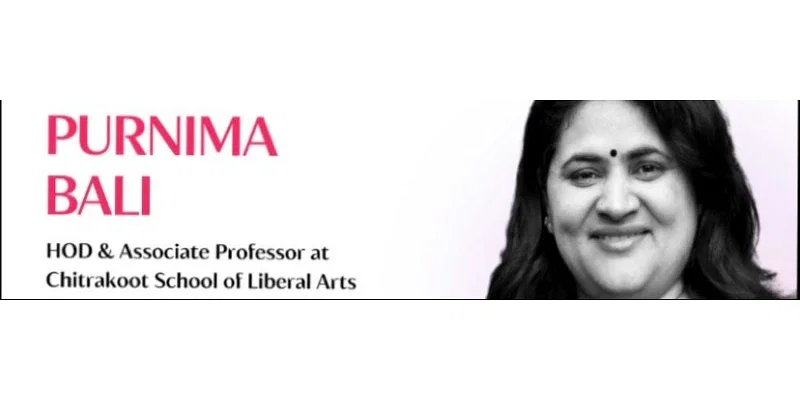
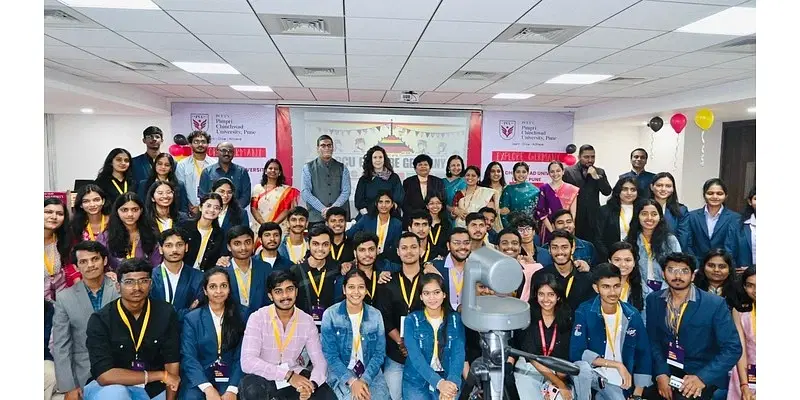
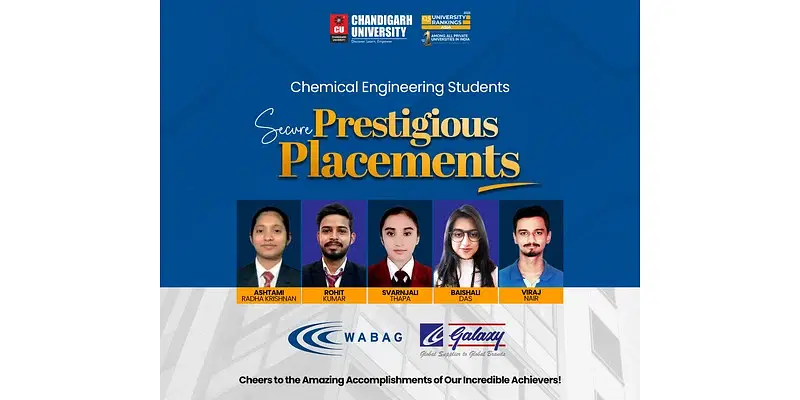
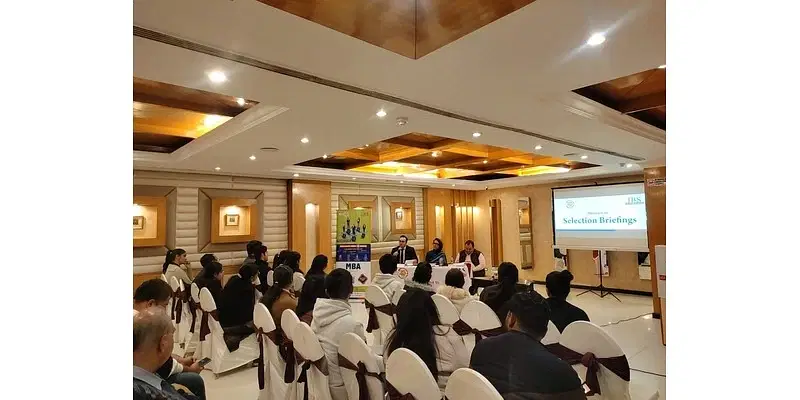

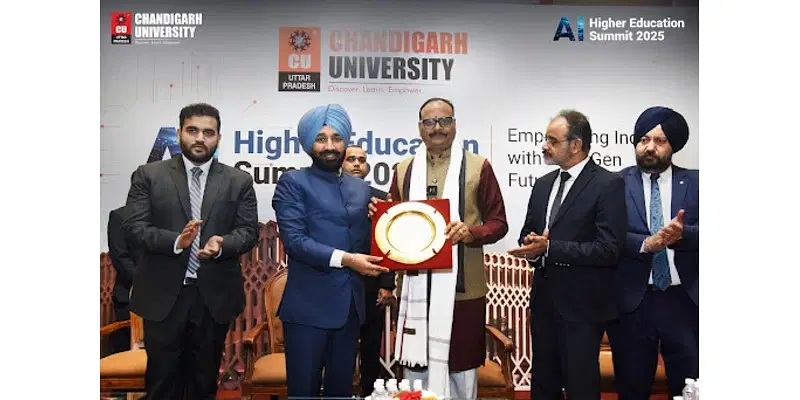
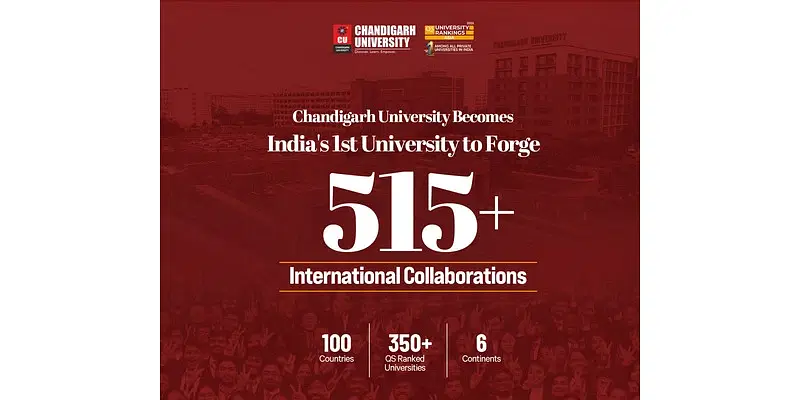
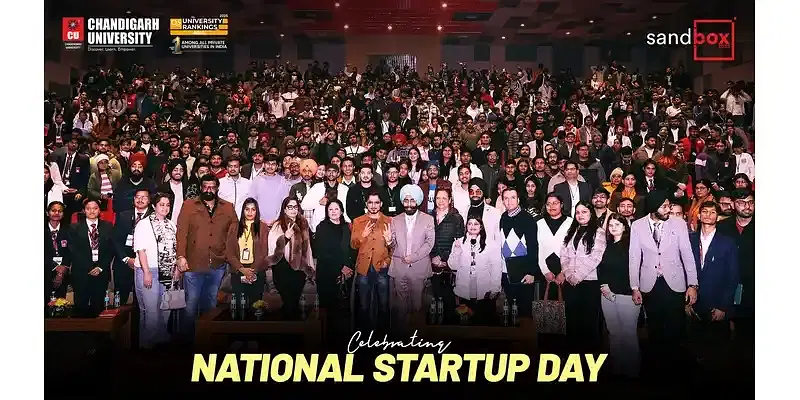

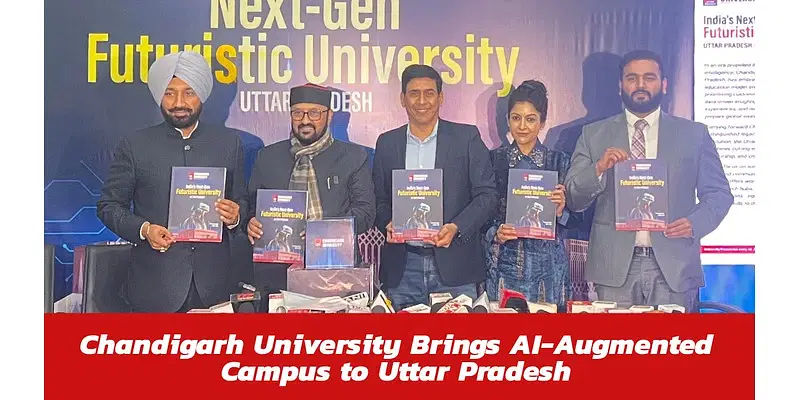




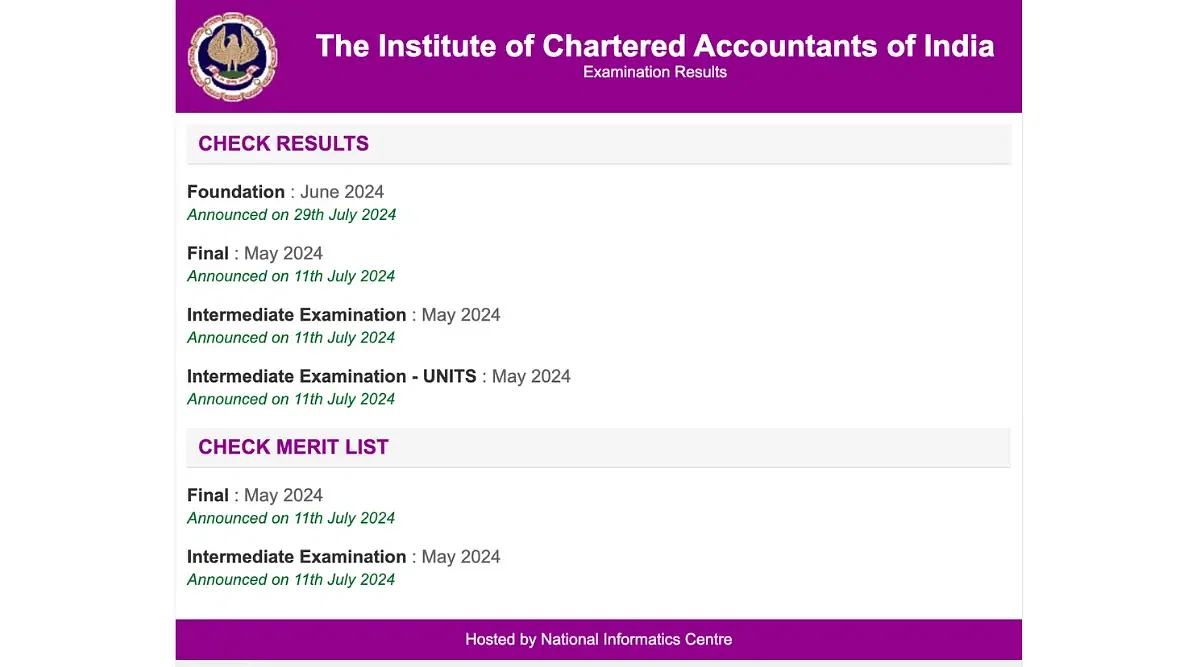
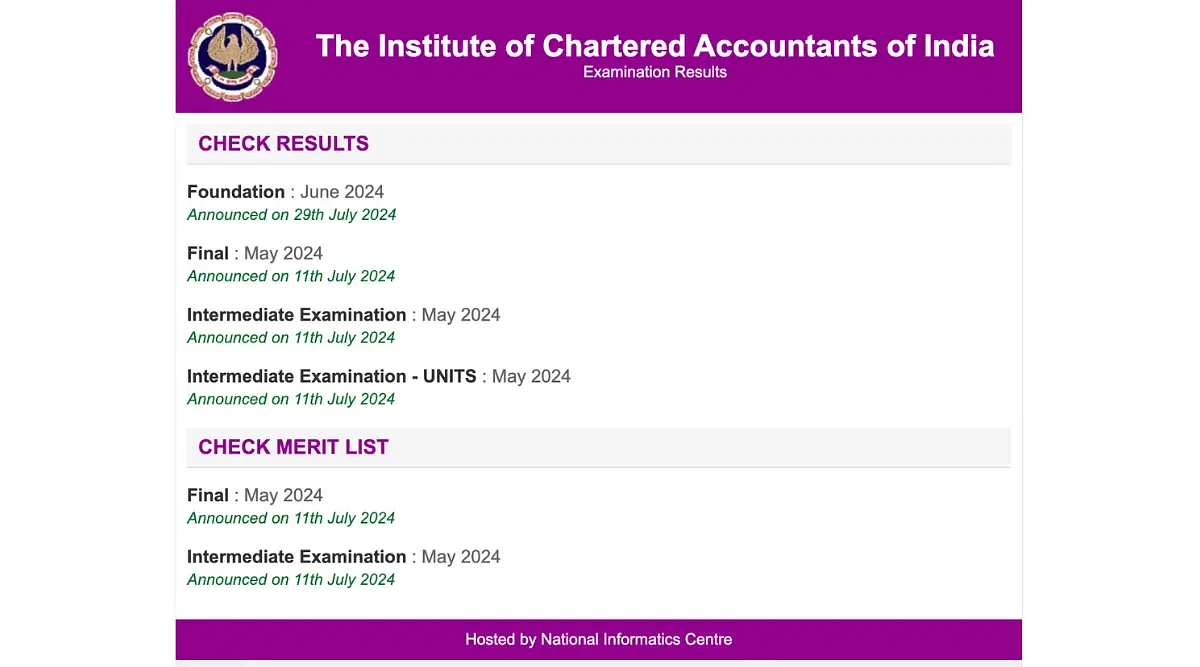
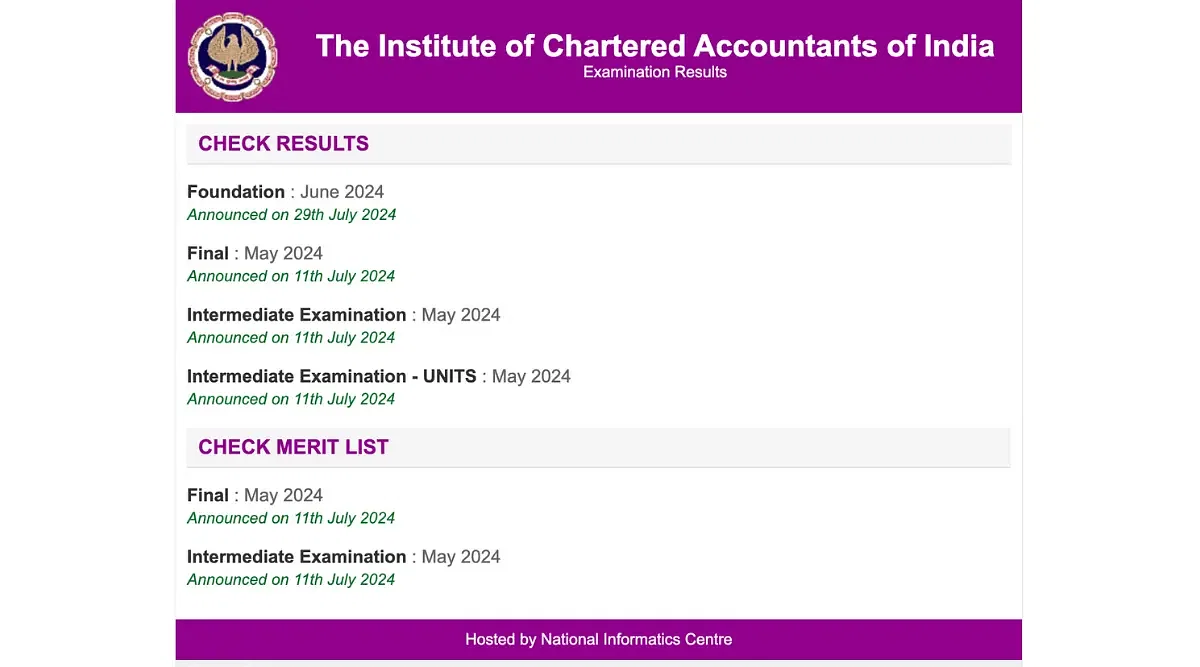
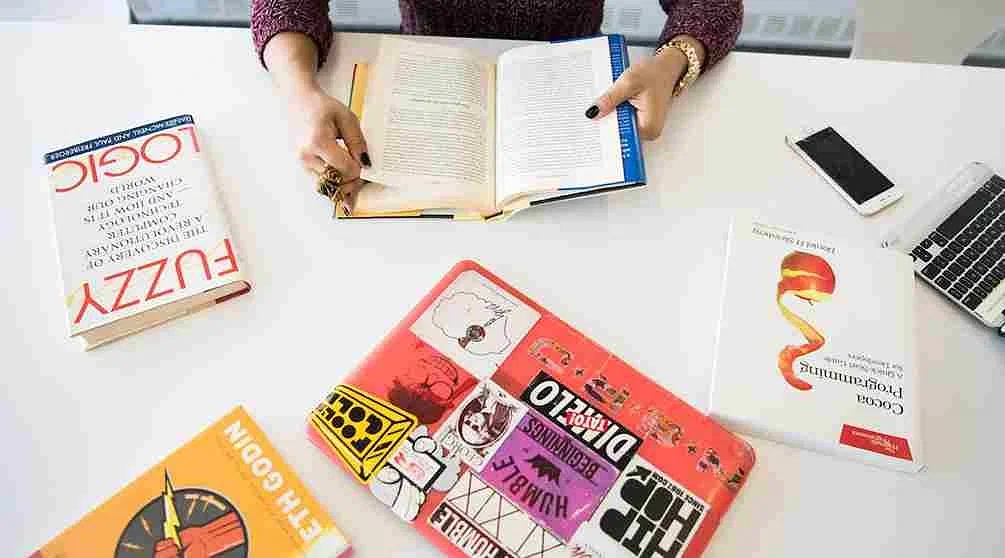




POST YOUR COMMENT